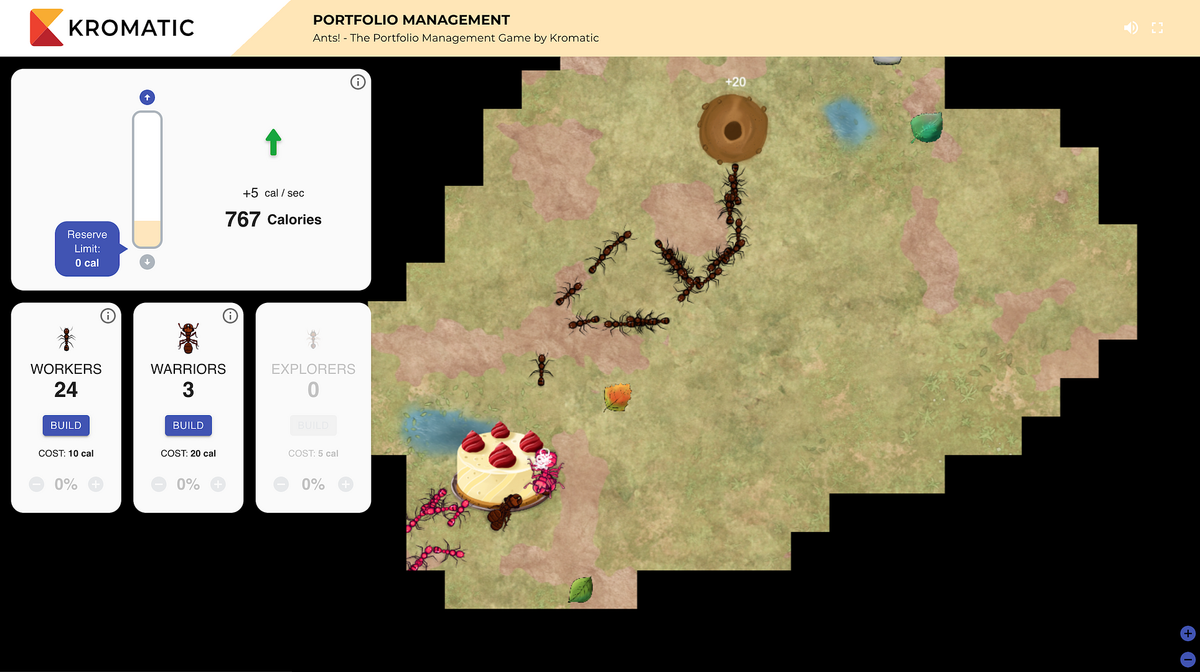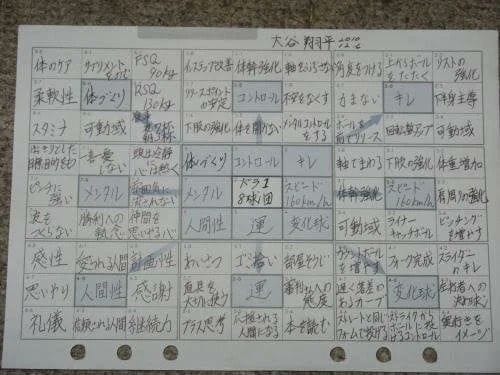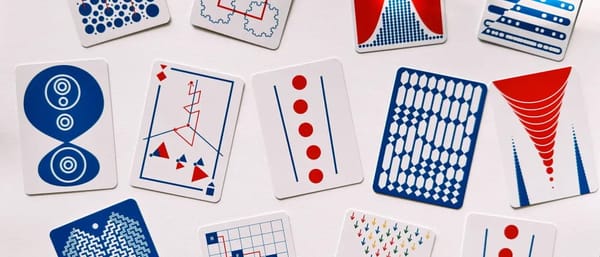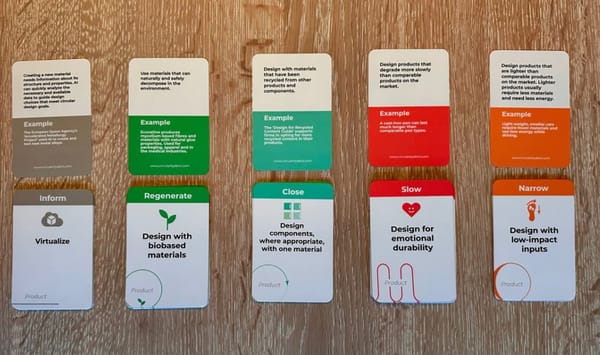№ 54 | “The Privilege of Play,” Trust the Doers, Kromatic Innovation Resources, the Visual Frameworks Card Deck, and the Psychology of CYOA Video Games

It’s been a busy week at the Anderson household, as we celebrated multiple birthdays 🎂 this week (including my own!), but… I still managed to accumulate a mass of really interesting stuff I wanted to share with y’all. Enjoy!
“The Privilege of Play”

I enjoyed this is essay on The Privilege of Play, exploring the concept of sandboxes and who within an organization is actually allowed to ‘play’ (take risks). Nice distinction between ‘player’ and ‘worrier‘ roles.
Every person should be capable of both play and worry, and every group or organization should be, too. The problem arises when people get stuck in their roles¹—when they become, not someone who plays sometimes and worries sometimes, but a Player or a Worrier.
Speaking of roles we play in an organization…
Trust the doers?
Oldie (2011) but goodie from Harold Jarche, about who (what roles) we tend to perceive as more trustworthy. I’m going to have to sit with (think about) the Six Trust Types identified here.

[Sidenote: These roles remind me of something I once explored related to public speaking: I had identified roles such as Originators, Synthesizers, Amplifiers, etc. It never went anywhere, and felt more judgmental than useful. And, we never fit cleanly into a single role anyway… ]
Kromatic Innovation Resources
Earlier this week, Christina Wodtke alerted me to the work of Kromatic / Tristan Kromer. And… WOW! 🚨GOLD MINE ALERT!🚨

Kromatic is sharing more than “300 innovation resources, including frameworks, templates, articles, videos, and workshops to accelerate your project.” As far as card decks go, there's 10 kinds of Monster Projects (ooh, scary!). I had fun time playing Ants! The Portfolio Management Game. There's the Plinkromatic game that “explains how funding decisions can impact ROI.” Plus… Posters. Canvases. Spreadsheets. And so much more. 🤩
Speaking of card decks…
Visual Frameworks card deck
Dave Gray’s Visual frameworks card deck is awesome. You should back it on Kickstarter, now. Whatcha waiting for—go, GO!

🗓️ And if you're free for a call this Wednesday, Dave has scheduled “a Zoom call… to show you how I use the card deck in virtual meetings.”
Choose Your Own Adventure
I recently enjoyed a 2019 episode of the Imaginary Worlds podcast: “Choose Your Own Adventure.” Despite the episode title, this focuses mostly on the critically acclaimed video game company Telltale games (with barely a mention of the CYOA books). Plenty of juicy insights, like this one:
Telltale games were often compared to the Choose Your Own Adventure books from the '80s, But Ryan thinks they really should've advertised themselves as Chose Your Own Emotions, because the real story in these games isn't what you do, it's who you choose to become.
Choose to become… whoah.
And bonus points for this exploration of the psychology of games:
We tend to think of morality as black-and-white, but psychologists break down our moral framework into five components: care vs. harm, fairness vs. cheating, loyalty vs. betrayal, authority vs. subversion, and purity vs. degradation.
(The remainder of the podcast explores how to play with this moral framework to create difficult situations in these games).





